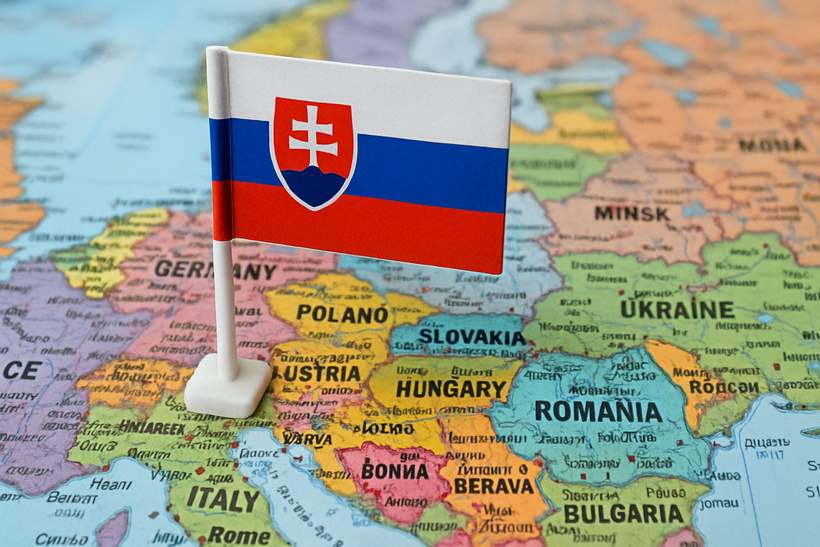Slovak President Rejects New Gambling Legislation

Slovakia’s President Opposes Recent Gambling Bill
Peter Pellegrini, the President of Slovakia, has exercised his veto power against a recently passed gambling law. His decision stems from concerns over the bill’s impact on consumer safety and the broader social consequences it might bring.
Background and Parliamentary Approval
During the 40th session of parliament, Slovak lawmakers approved new regulations aimed at tightening control over the gambling sector while increasing state revenue. The bill received strong support, passing with 71 votes in favor and seven abstentions.
The law intended to create a more open licensing environment, allowing both local and foreign gambling entities to legally operate within Slovakia. It also sought to improve taxation procedures and empower the Office for the Regulation of Gambling with more oversight capabilities.
Concerns Leading to the Presidential Veto
Despite acknowledging the need for updated regulatory measures, President Pellegrini’s office highlighted that the legislation lacked sufficient protections to mitigate gambling addiction and other related harms. The President also pointed out procedural shortcomings, such as several amendments added without thorough debate.
The veto has been supported by multiple opposition parties, which advise against approving the law in its current form. They have called on coalition members to reject the bill should it be reconsidered in parliament.
While the legislation reflects a broader European movement toward liberalizing gambling markets paired with enhanced social responsibility, critics argue that it falls short, especially regarding advertising restrictions and safeguards for minors and vulnerable groups.
Key Provisions of the Proposed Law
The bill proposed giving Tipos, Slovakia‘s national lottery operator, the power to acquire casino licenses from other operators and manage offshore activities. It also required Tipos to relocate casino operations to hotel venues within a year if deemed necessary.
Additionally, Tipos would be required to allocate a minimum of EUR 500,000 annually to gambling addiction prevention initiatives. New casino establishments would need approval from local municipalities, with operations restricted to remain within the same municipality to avoid transfers to prohibited areas.
Next Steps Following the Veto
With the president’s veto in place, the Slovak parliament has the option to override it by securing an absolute majority vote. If successful, the law would come into effect in 2026, potentially transforming Slovakia’s gambling industry and paving the way for new online market participants.